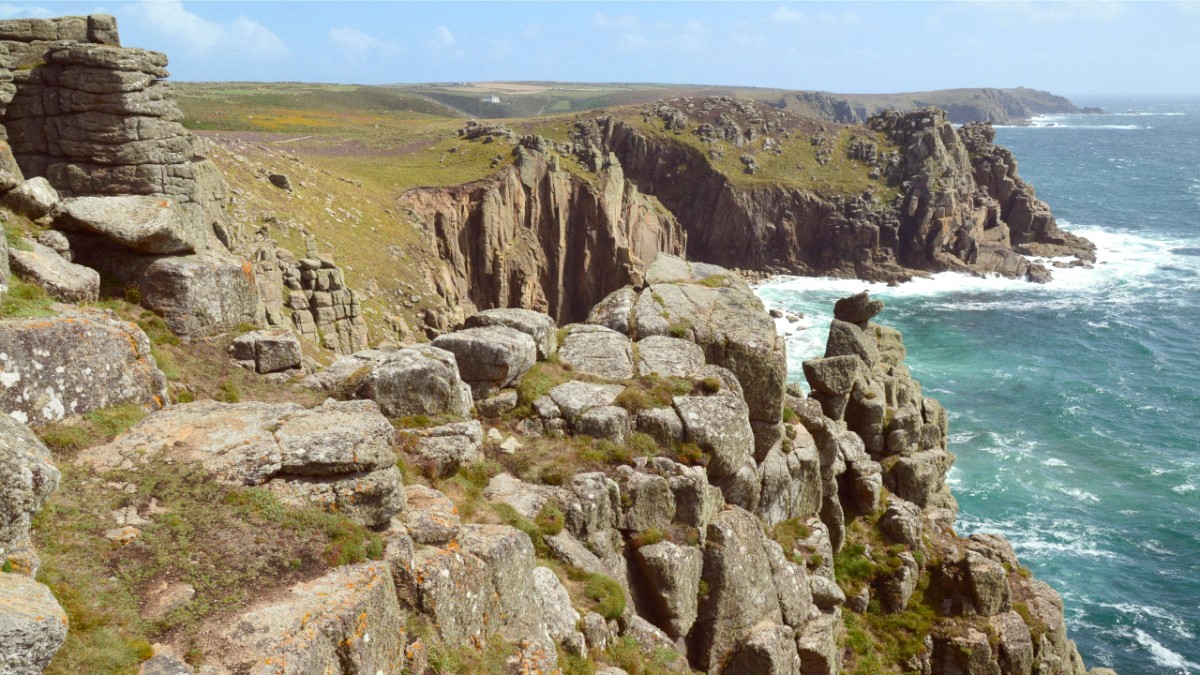
England, UK
The entire archipelago holds designation as an Area of Outstanding Natural Beauty (AONB). Many uninhabited islands and coastal areas are managed as nature reserves.
Recycling facilities are available on inhabited islands. Waste is shipped to the mainland. Visitors reduce packaging and take all litter with them.
Freshwater remains a finite resource on the islands. Visitors are mindful of water usage, taking shorter showers and turning off taps. Consider reusable products from Package Free Shop.
The Isles of Scilly hold a fragile ecosystem, and protecting it benefits everyone.
The Isles of Scilly Wildlife Trust and English Heritage manage many uninhabited islands and coastal areas as nature reserves. Marine Conservation Zones protect surrounding waters and marine life.
Recycling facilities exist on inhabited islands, and waste ships to the mainland. Visitors reduce packaging and take all litter, especially from beaches and paths. Many local businesses are inherently eco-conscious.
Support local traditions, events (like gig racing), and crafts, as these elements form part of the islands' distinct identity. Respect the islands' unique heritage and way of life, which differs from the mainland's faster pace.
Your choices as a traveler directly influence the local economy. Support small, locally owned businesses: shops, cafes, guesthouses, and boatmen. Attend local events and markets.
Respect privacy when photographing homes or private spaces. Some areas may have restrictions; look for signage. Do not disturb wildlife.
Find Eco StaysDo not remove anything from archaeological sites or nature reserves. The local community benefits directly and positively from tourism, ensuring fair exchange.
Ethical ToursPack a reusable water bottle and fill it from the tap. This reduces plastic waste, which is costly to manage on islands.
Your presence as a traveler directly shapes the islands' well-being. By embracing local customs and supporting island businesses, you contribute to a positive and lasting legacy.
Be polite and friendly in all interactions. Islanders value their community and quiet way of life. The island pace is slower; patience is appreciated. Do not trespass on private property, keep to public paths.
Support small, locally owned businesses: shops, cafes, guesthouses, and boatmen. Your money directly benefits island residents. Attend local events and markets, which provides income for local producers and artists.
Your choices as a traveler contribute directly to the islands' environmental and economic health. Thoughtful actions preserve this special destination.
Reduce plastic use, recycle where possible, and take all litter with you, especially from natural areas.
Observe animals from a distance. Do not disturb their habitats or remove natural items from protected areas.
Prioritize local businesses, buy local products, and participate in community events to strengthen the island economy.